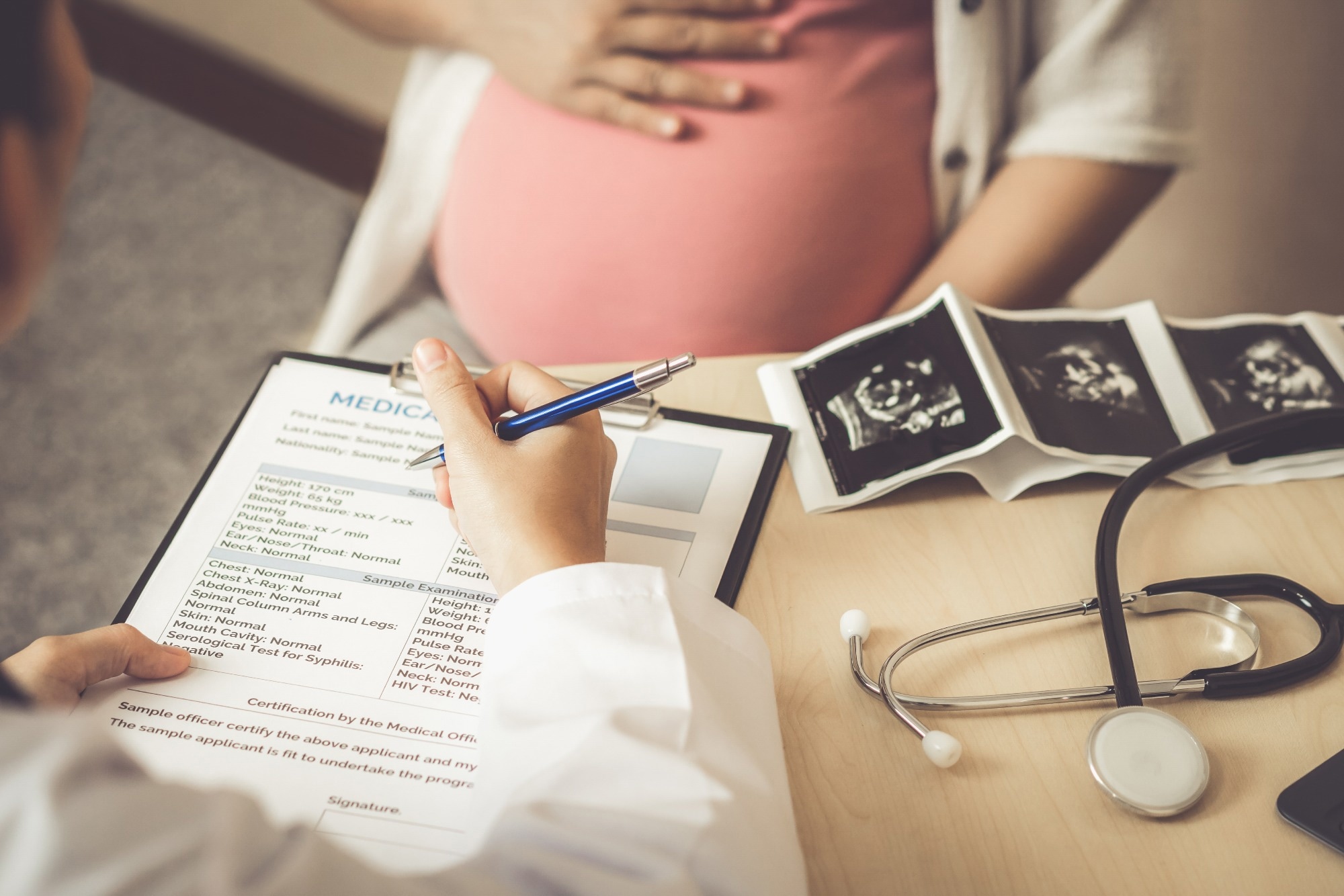In a recent article published in Reproductive Medicine, researchers presented information on scientific evidence-based inflammatory bowel disease (IBD) management methods during pregnancy.

IBD patients, especially those with active disease, are at an increased risk of loss of pregnancy, preterm delivery, and emergent cesarean (C-section) deliveries. However, those with a quiescent one are likely to have fewer complications.
The peak incidence of IBD is between 15 and 29 years when people tend to bear children or are in their reproductive years. Thus, IBD patients anticipating pregnancy must be aware of its adverse effects before conception.
Dedicated specialized IBD–pregnancy clinics could assist in improving patient knowledge and attitudes toward pregnancy through individualized pre-conception counseling, education, and medication adherence.
However, since less than 50% of patients may have access to such clinics, the risks of poor pregnancy outcomes cannot be completely averted but minimized. Nonetheless, receiving direct care from IBD gastroenterologists, obstetricians, dieticians, and psychologists could reduce voluntary childlessness and adverse pregnancy outcomes.
Clinicians often use multiple modalities to measure disease activity during pregnancy because of the lack of agreement on the benefits of one for effective therapeutic decision-making.
An observational study demonstrated that compared to fecal calprotectin (FCP), gastrointestinal ultrasonography (GIUS) provided better visuals of the terminal ileum and colon in women gestating since 20 weeks with specificity, sensitivity, and negative predictive values of 83%, 74%, and 90%, respectively.
Furthermore, a recent review by De Lima et al. systematically showed that lower gastrointestinal endoscopy or sigmoidoscopy was low risk through all three trimesters in nearly 80% of cases and helped in the medical management of IBD patients when appropriately indicated.
Many drugs have received approval for use in pregnant and breastfeeding IBD patients. These are aminosalicylates, thiopurines, corticosteroids, ciprofloxacin, amoxicillin, calcineurin inhibitors, anti-tumor necrosis factor, anti-integrin, and some anti-interleukin agents. Notably, most of these drugs are recommended during active flares; however, non-adherence to medications during pregnancy could have serious repercussions.
The gut microbiome fluctuates in IBD, and the maternal microbiome also changes due to pregnancy, especially in the third trimester when the maternal gut harbors increased inflammatory changes and reduced gut diversity, which, in turn, impacts the developing neonatal microbiota.
Clinicians have used protein-rich formulas to restore healthy microbiota in IBD patients. Currently, Modulating Early Life Microbiome through Dietary Intervention in Pregnancy (MELODY) trial is assessing how effectively diet could normalize the gut microbiome in IBD patients and their offspring during the third trimester of pregnancy.
While dietary modifications alone might not control IBD symptoms, when used alongside medications, they could greatly benefit the health of IBD patients.
In cases of active perianal disease and ileal pouch-anal anastomosis (IPAA), a C-section must be considered due to raised concerns about adhesions and bowel obstructions, even though it does not influence the delivery mode in patients with CD.
Overall, the gastroenterologist, obstetrician, and patient should (together) decide the most optimal delivery mode for IBD.
Most pediatric societies recommend breastfeeding until the newborn is six months old. It appears feasible because studies have shown that breastfeeding does not increase the risk of maternal disease flare and (conversely) might be protective against IBD flares.
Yet, most women with IBD cease breastfeeding early due to concerns about drug transfer through breast milk. Even the results of studies done in this regard are conflicting. Recently, a study showed that mothers with IBD have reduced IgA levels and lactose in their breast milk, which dampens its beneficial effects. Other studies have pointed towards increased inflammatory cytokines and succinate concentrations in the breast milk of lactating females with IBD, which might harm an infant’s gut microbiome.
More large-scale prospective studies should investigate how different breast milk composition is in women with IBD and whether it predisposes infants to develop IBD or other similar inflammatory diseases.
Future directions
In the future, with increased awareness and availability of novel therapies for successful conception and improved pregnancy outcomes, many patients might give up on their presumptions of adverse IBD effects on maternal and fetal health and not choose voluntary childlessness.
In other words, the possibility of attaining remission before conception could help optimize pregnancy outcomes even in active IBD cases.









